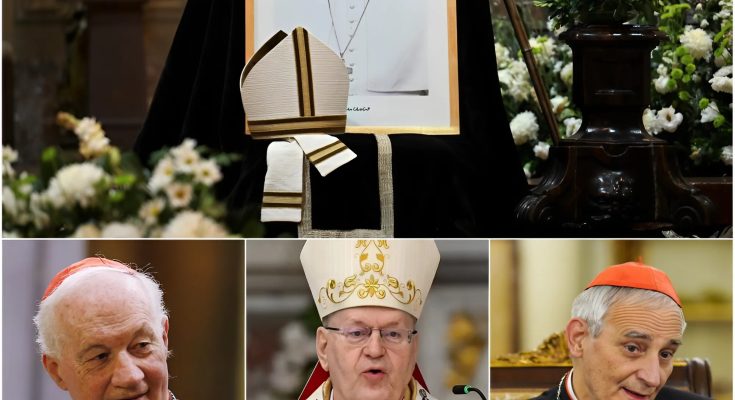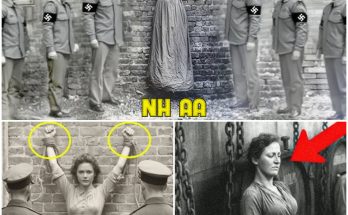The death of Pope Francis has sent shockwaves through the Roman Catholic Church, leaving behind not only a grieving global congregation, but also a power vacuum that has triggered a ruthless and highly secretive battle for control. While millions mourn the compassionate leader known for humility, reform, and outreach, Vatican insiders are whispering of something far more disturbing — a betrayal cloaked in prayer robes and incense.

According to high-level sources within the Curia, the late pope’s passing has ignited a cold, calculated struggle among factions of cardinals, each seeking to control the Church’s future direction. Behind the hallowed walls of St. Peter’s Basilica, allies have turned to adversaries. What was meant to be a sacred period of reflection has reportedly morphed into a frantic, behind-the-scenes campaign fueled by ambition, ideology, and long-held resentment.
Those close to Pope Francis’ inner circle describe a growing sense of unease in the final months of his life. The pope had faced rising opposition from traditionalist elements who viewed his progressive reforms as too radical, too fast. His open stances on climate change, LGBTQ+ rights, economic inequality, and transparency had drawn global praise — but also sparked backlash from hardliners inside the Vatican who believed he had strayed from Church orthodoxy.

Now, those same hardliners are reportedly leveraging his death to reclaim power. Sources describe secret meetings, coded correspondence, and lobbying efforts disguised as prayerful contemplation. Cardinals who once smiled together during mass now trade barbed glances and coded messages. “It’s a holy war in silence,” one anonymous aide shared. “Everyone claims to seek God’s will, but many are pushing their own.”
Tensions have risen sharply as names of potential successors — papabili — dominate hushed conversations. Reformist supporters rally behind Cardinal Tagle of the Philippines, seen by many as Pope Francis’ spiritual heir. Meanwhile, conservatives are coalescing around figures like Cardinal Erdo of Hungary and Cardinal Sarah of Guinea, hoping to steer the Church back toward rigid tradition.

As the world watches for the white smoke signaling the election of a new pope, the internal machinery of the Vatican grinds with unprecedented friction. The upcoming conclave, once thought to be a formality, is now shaping up to be the most divisive and politically charged in decades.
What began as a moment of loss has become a moment of reckoning. The betrayal, it seems, is not in a single act, but in the quiet abandonment of Pope Francis’ legacy by those who once vowed loyalty. In the heart of Christendom, a sacred throne stands empty — and the battle to claim it may define the future of the Catholic Church for generations to come.



